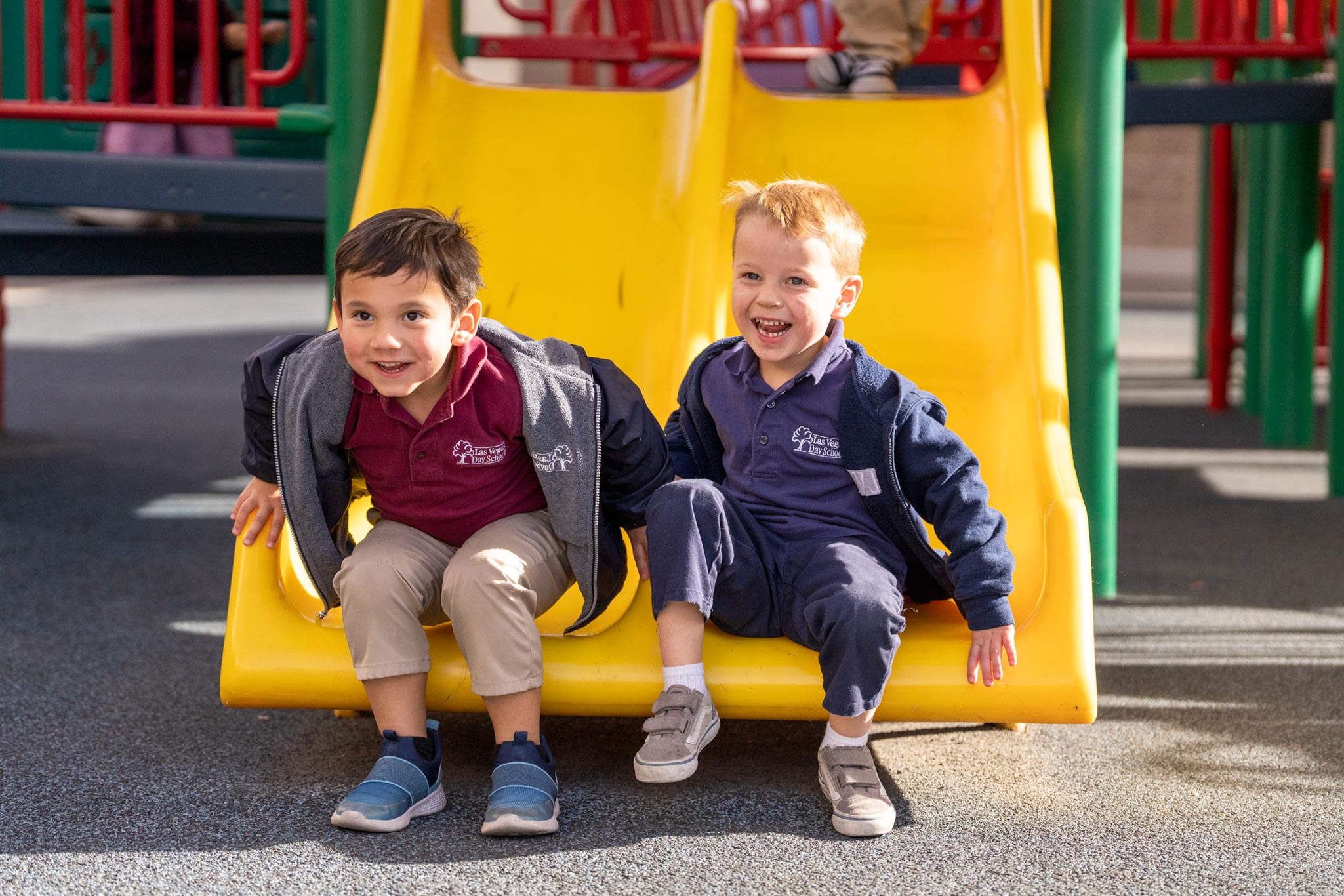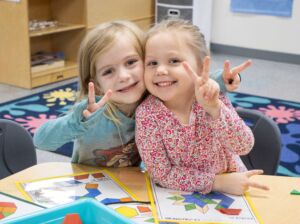Literary programs that spark imagination in Grade School students
All Concerning Quality School: Vital Truths and Enriching Experiences for Youthful Learners
Elementary school plays a critical function fit young students' futures. It includes important academic subjects and supports social abilities via structured communications. In addition, extracurricular tasks provide chances for creative thinking and synergy. Parental participation better boosts this structure, supporting youngsters in their academic trips. As these aspects intertwine, they create a comprehensive educational experience. Nonetheless, what details approaches can instructors and moms and dads utilize to optimize this development?

Comprehending the Elementary School Educational Program
As pupils start their elementary school trip, they experience a curriculum developed to build fundamental abilities and understanding across numerous subjects. This educational program commonly incorporates core areas such as maths, language arts, scientific research, and social research studies. Each subject is structured to grow vital thinking, creativity, and problem-solving capabilities, crucial for future academic success.
Language arts focus on analysis, creating, and communication abilities, cultivating pupils' capability to express themselves clearly. Math introduces basic concepts, including addition, subtraction, and later, multiplication and department, laying the groundwork for extra complex analytic. Science encourages questions and exploration, firing up interest about the environment, while social researches instills an understanding of neighborhood and multiculturalism.
In enhancement to core topics, the educational program usually consists of arts and physical education and learning, providing a versatile educational experience that advertises both intellectual and physical advancement. Consequently, quality school functions as a crucial system for long-lasting learning.

The Structure of Quality College Education And Learning
While grade institution education differs by region and establishment, it generally follows an organized framework that promotes progressive knowing. Normally, grade institution encompasses a range of qualities, usually from preschool with sixth or 5th quality, depending upon the educational system. Each grade level represents specific developmental landmarks, with curricula designed to build upon prior understanding.
Courses are normally organized into core topics, including mathematics, language arts, scientific research, and social researches, ensuring that pupils get a versatile education and learning. Direction commonly combines straight mentor with hands-on tasks, promoting involvement and important reasoning.

Assessment approaches differ yet usually include tests, examinations, and tasks to examine trainee understanding. Furthermore, instructors often team up to produce interdisciplinary units, improving the learning experience. On the whole, the framework of grade institution education and learning aims to grow fundamental skills, prepare students for future scholastic challenges, and advertise a love for finding out that expands beyond the class.
Social Skills Advancement in Early Learners
Elementary school education not only focuses on scholastic skills yet additionally plays a substantial role in the advancement of social skills among early learners. During these developmental years, children involve in various tasks that motivate communication, partnership, and communication with peers. Team jobs and participating knowing settings give opportunities for children to exercise sharing, discussing, and dealing with problems.
Furthermore, organized play promotes vital abilities like empathy and understanding, as children learn to respond and recognize to the feelings of others. Through assisted social communications, educators help trainees develop critical paying attention and conversational abilities. As youngsters navigate friendships and group characteristics, they gain self-confidence in their social capacities.
The Function of After-school Activities
Extracurricular activities play a significant role in enhancing the educational experience of elementary school students by offering methods for personal growth past the classroom. These tasks enable students to explore talents and rate of interests, promoting creative thinking and self-expression. Participation in sports, songs, art, and clubs grows teamwork, management abilities, and a feeling of belonging.
Involving in such activities promotes physical health and wellness and wellness, view publisher site motivating students to preserve an energetic way of life. Extracurricular programs also function as a system for trainees to develop relationships and develop social abilities, which are crucial for their overall growth
As students navigate their passions beyond academics, they obtain valuable experiences that add to their confidence and durability. Inevitably, these tasks play an important duty in forming well-rounded people, preparing them for future challenges both in and out of the classroom.
Sustaining Understanding With Parental Involvement
Adult involvement greatly improves the academic trip of quality school students, as it fosters a supportive environment that enhances learning. Engaged moms and dads add to their youngsters's scholastic success by attending college occasions, aiding with research, and maintaining open interaction with educators. Private School. This participation not just increases trainees' motivation but also cultivates a sense of belonging and self-esteem
Research indicates that children whose parents are actively entailed tend to have higher qualities, far better participation, and enhanced behavior in school. In addition, parental involvement motivates the development of vital life skills, such as time management and obligation.
Schools can facilitate this involvement by hosting workshops, offering resources, and motivating routine comments. By producing partnerships in between moms and dads and teachers, quality institutions can guarantee a comprehensive method to pupil growth. Eventually, adult involvement acts as a keystone for fostering a positive academic experience, profiting both trainees and Recommended Reading the school area in its entirety.
Frequently Asked Inquiries
What Are the Common Quality College Hours for Pupils?
Typical quality college hours for students usually vary from 8:00 AM to 3:00 PM, varying by district. Many institutions incorporate a lunch break and recess, making sure pupils have time to recharge throughout the day.
Just How Do Quality Schools Address Diverse Discovering Demands?
Quality institutions attend to diverse discovering demands with separated instruction, customized lesson strategies, and support services, making sure all trainees obtain proper resources. Teachers work together with professionals to produce comprehensive atmospheres that cultivate individual growth and interaction.
What Is the Function of Technology in Elementary School Education And Learning?
Modern technology in grade institution education improves finding out with interactive tools, personalized discovering experiences, and access to large resources. It fosters cooperation amongst students and educators, preparing children for a technology-driven future while sustaining varied academic demands.
How Can Parents Assist With Research Efficiently?
Parents can assist with homework successfully by developing an organized setting, encouraging self-reliance, supplying resources, and providing support without directly giving solutions. Interaction with instructors likewise enhances understanding of assumptions and promotes scholastic success.
What Prevail Obstacles Encountered by Elementary School Students?
Typical obstacles dealt with by grade college pupils consist of problem with time management, understanding complex principles, keeping emphasis throughout lessons, steering social characteristics, and stabilizing academic duties with extracurricular activities, all of which can affect their overall performance.
As students start their grade institution journey, they come across a curriculum developed to develop foundational skills and understanding throughout different subjects. Usually, grade institution encompasses a variety of grades, usually from kindergarten via sixth or 5th quality, depending on the instructional system. Extracurricular tasks play a substantial function in improving the educational experience of grade institution trainees by giving avenues for personal development beyond the classroom. Parental involvement significantly improves the educational trip of quality college students, as it fosters a supportive environment that reinforces knowing. By developing partnerships in between instructors and try this out moms and dads, quality colleges can assure a thorough approach to student development.